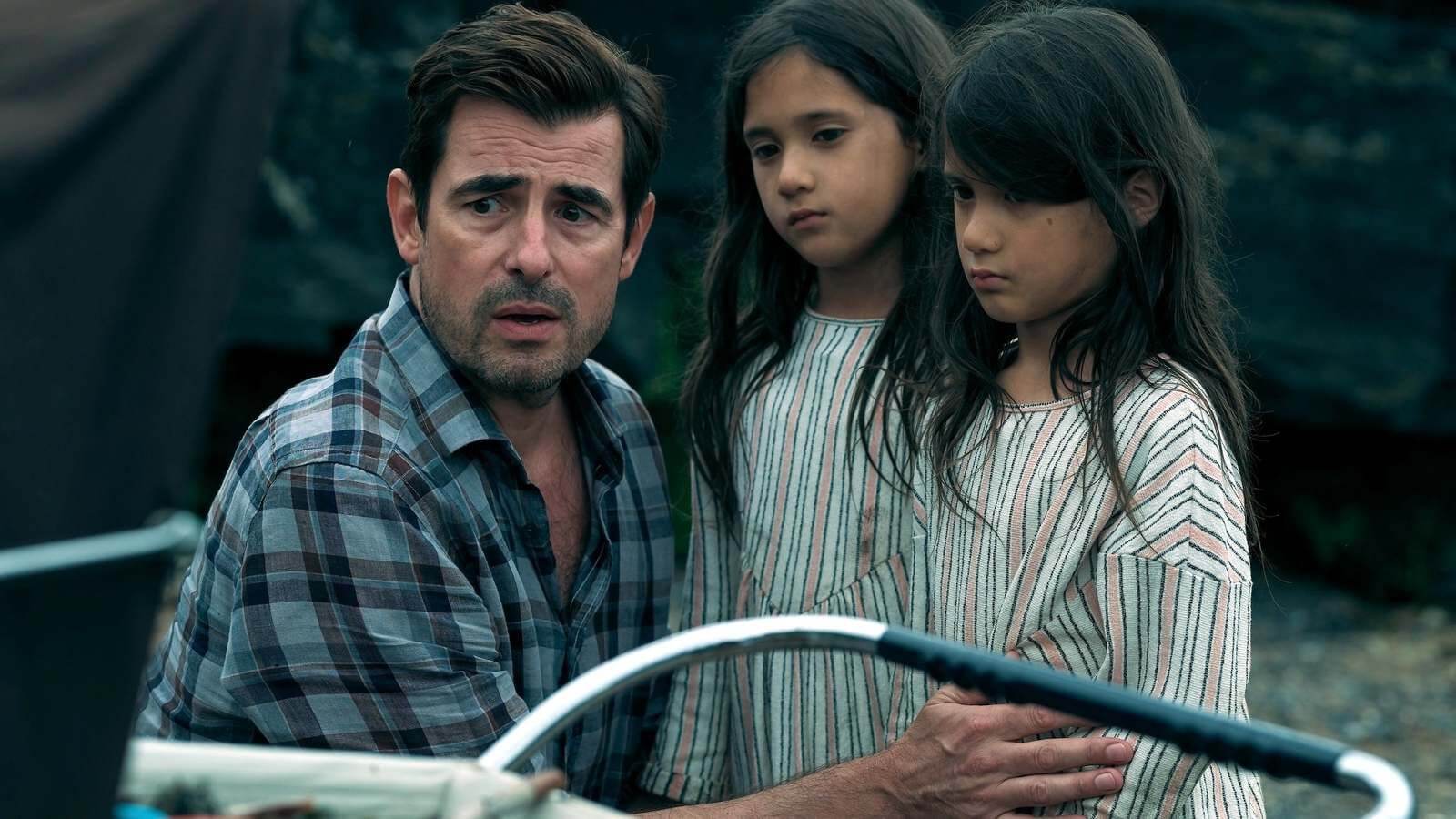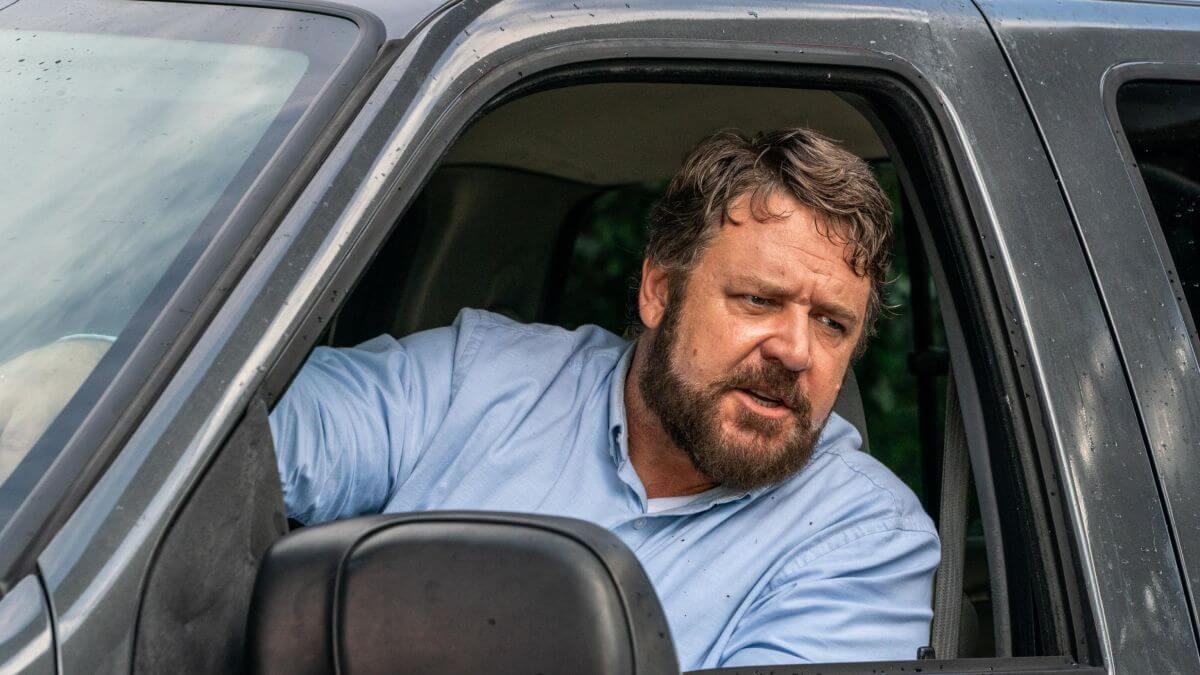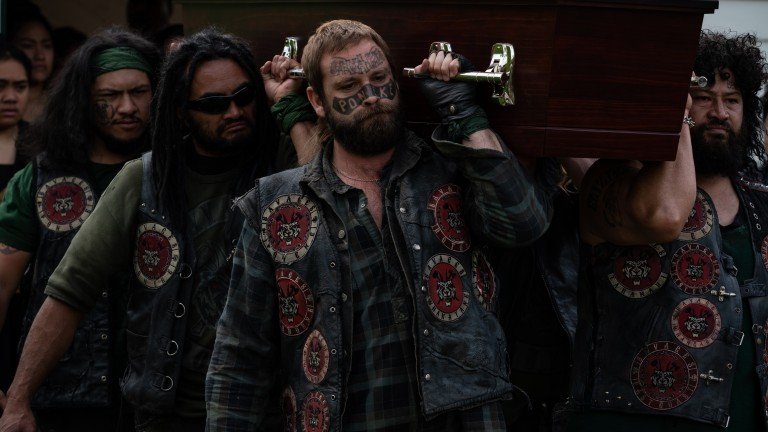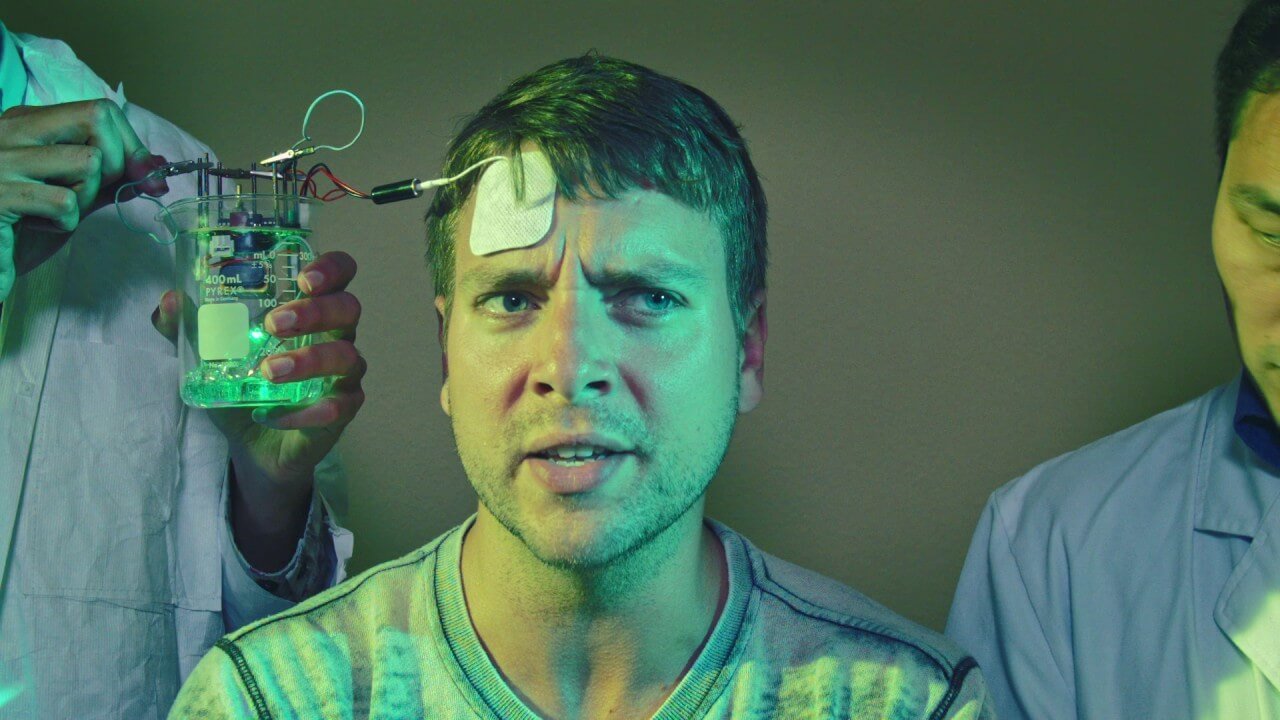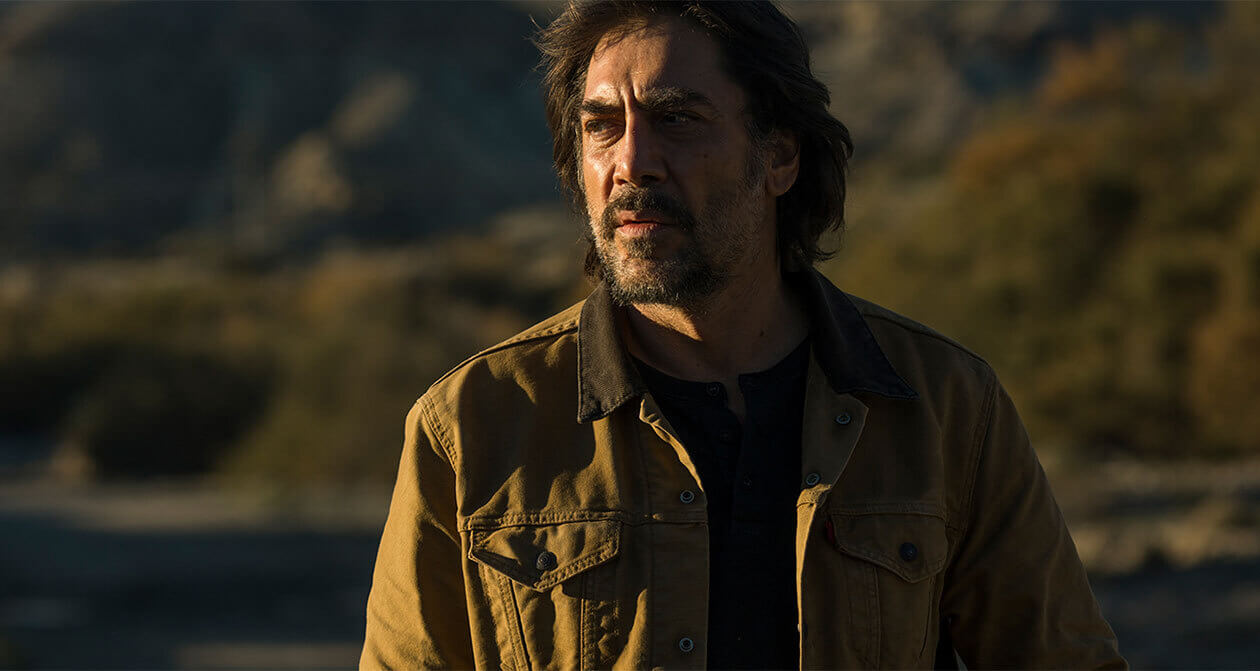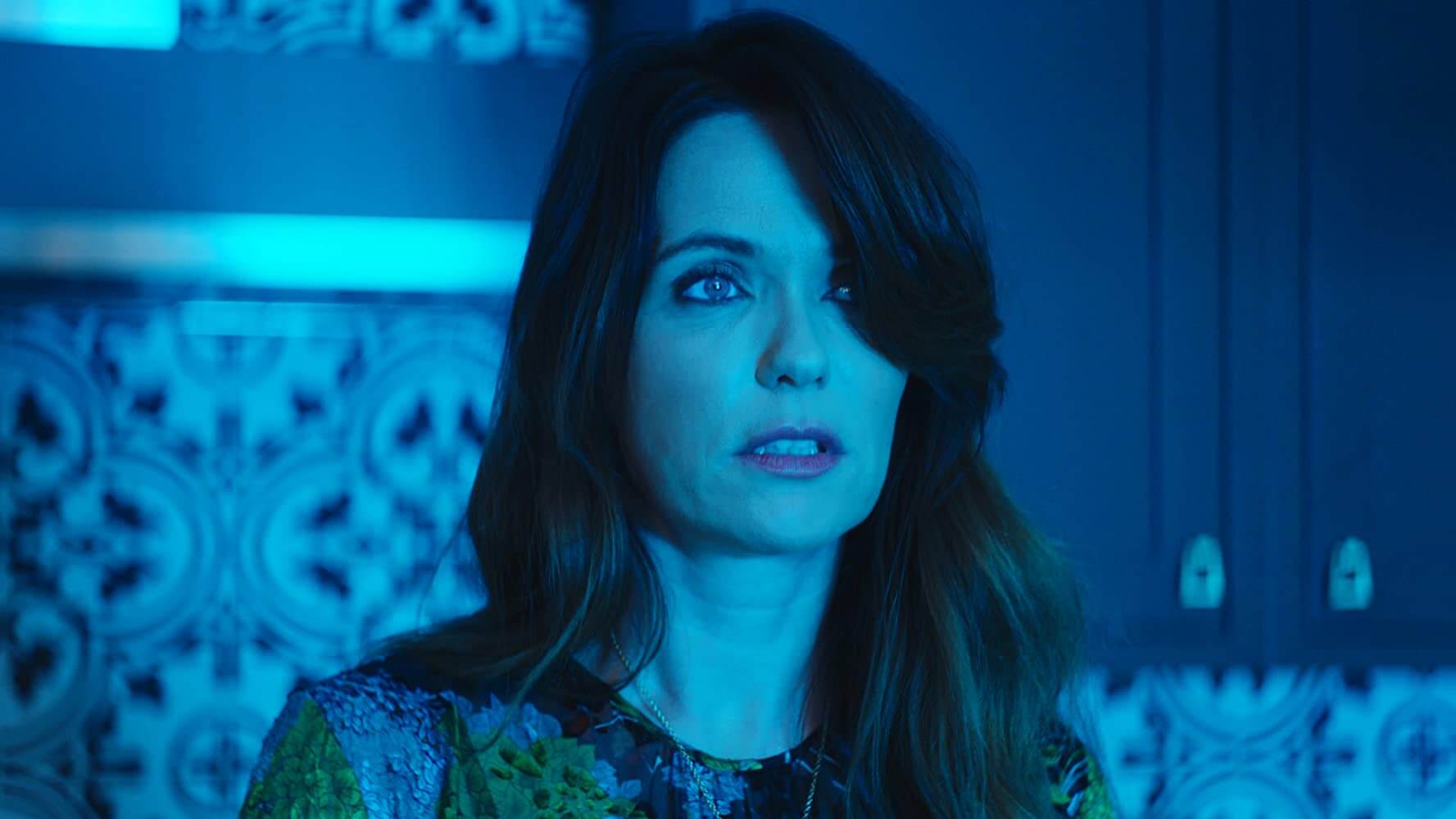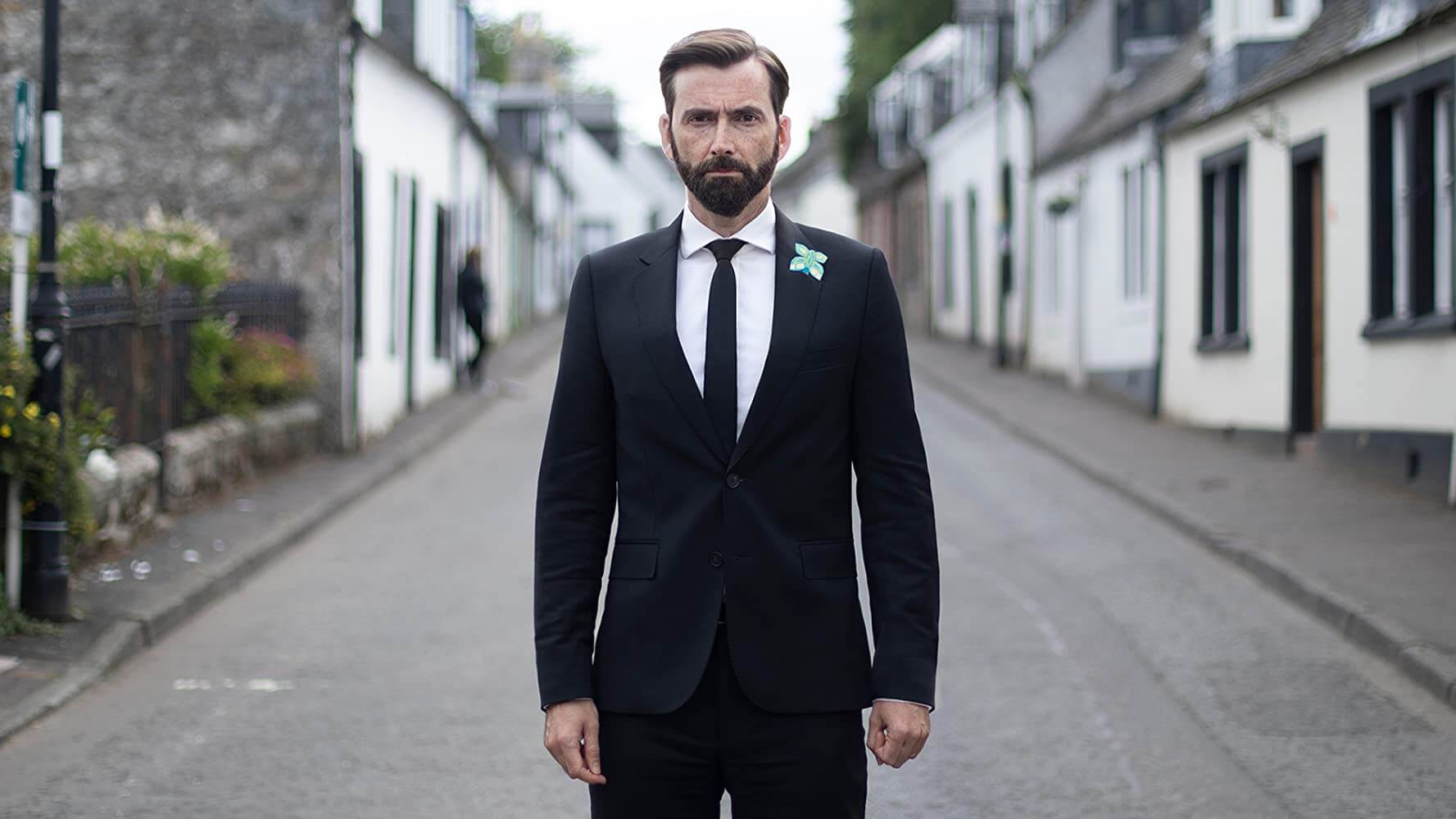The Song of Names 2019 Review
Posted 2020-03-25 17:07:45
The Song of Names 2019 numerous years after his childhood buddy, a violin prodigy, disappears on the eve of his first solo live performance, an englishman travels during europe to find him. Genre: Drama Runtime: 113 min Release: 2019 Rating: 8.6 out of 10 Language: English, Actor: Tim Roth, Clive Owen, Catherine McCormack, Eddie Izzard, Saul Rubinek, Jonah Hauer-King, Gerran Howell, Luke Doyle, Misha Handley, Stanley Townsend, Julian Wadham, Richard Bremmer, Director: François Girard, Country: Canada, Germany, Hungary, United Kingdom,
Storyline numerous years after his childhood buddy, a violin prodigy, disappears on the eve of his first solo live performance, an englishman travels during europe to find him. You can watch this movie from here Review “the tune of names” starts with a disappearance: in 1951, david eli rapoport, a violinist of around 21, is ready to make a dash on the london stage. born in poland as dovidl, rapoport changed into, as a baby, left inside the care of a gentile london own family that respected his judaism and nurtured his skills. they organized him for a life as a virtuoso. what ought to probable reason him to bypass his debut? it says a whole lot for “the music of names” that the eventual solution is powerful enough to be convincing (even though it appears much less conceivable that dovidl might stay vanished for 35 years). based totally on a novel with the aid of the classical song critic norman lebrecht, and directed by françois girard (“the pink violin”), the film alternates between timelines. a long time after dovidl’s disappearance, martin (tim roth), raised alongside him like a brother, encounters a younger violinist who has dovidl’s habit of kissing the rosin earlier than gambling. martin’s pursuit of that clue is intercut with flashbacks to the boys’ upbringing. we learn of their mutual devotion and in their pronounced variations, and of dovidl’s growing lack of wish for his family’s survival. (martin is played in succession by using misha handley and gerran howell; dovidl by way of luke doyle and a excellent jonah hauer-king, and then, inside the roth time frame, by way of clive owen.) there may be much to respect in the fluidity of girard’s storytelling, in the tune (ray chen did the violin solos) and in the complex questions raised about social obligations. nevertheless, the film in no way quite justifies the contrivance of its puzzle-box creation. parlaying this material into an arty whodunit cheapens the actual history invoked.


